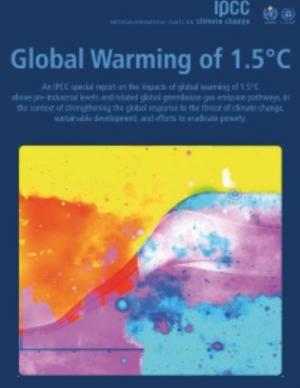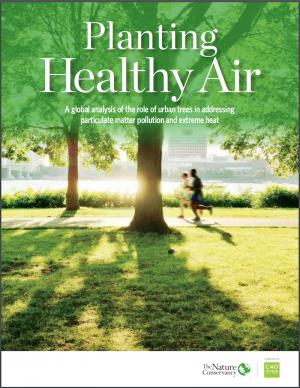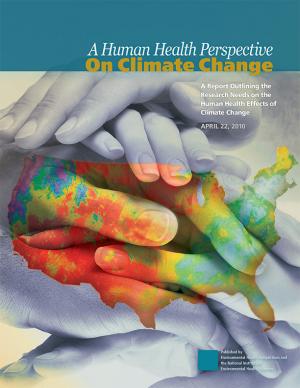Access a range of climate-related reports issued by government agencies and scientific organizations. Browse the reports listed below, or filter by scope, content, or focus in the boxes above. To expand your results, click the Clear Filters link.
This is the FY22 edition of the U.S. Gllobal Change Research Program's annual report to Congress mandated by the the Global Change Research Act. The report provides an overview of the Program’s progress in delivering on its strategic goals as well as a summary of agency expenditures under USGCRP’s budget crosscut.
The world continues to emit greenhouse gases while the planet's climate is changing faster than ever. This report intends to take up the latest and most essential scientific findings published in an extraordinary year—the climate science year in review.
This special report from the Intergovernmental Panel on Climate change describes the impacts of global warming of 1.5 °C above pre-industrial levels. The report also describes potential global greenhouse gas emission pathways, in the context of strengthening the global response to the threat of climate change, sustainable development, and efforts to eradicate poverty.
As incomes rise and populations grow, especially in the world’s hotter regions, the use of air conditioners is becoming increasingly common. In fact, the use of air conditioners and electric fans already accounts for about a fifth of the total electricity in buildings around the world–or 10 percent of all global electricity consumption. Over the next three decades, the use of ACs is set to soar, becoming one of the top drivers of global electricity demand. This new analysis by the International Energy Agency shows how new standards can help the world avoid facing such a “cold crunch” by helping improve efficiency while also staying cool.
This report promotes a relatively simple solution to the problem of increasing heat and air pollution in cities: plant more trees. Trees cool the air by casting shade and releasing water vapor, and their leaves can filter out fine particulate matter (PM)—one of the most dangerous forms of air pollution, generated from burning biomass and fossil fuels.
The report documents analysis that tree planting efforts could improve the health of millions of people, and that trees are as cost-effective as many other common solutions. The report also shows that most of the cooling and filtering effects created by trees are fairly localized, so densely populated cities—as well as those with higher overall pollution levels—tend to see the highest overall return on investment (ROI) from tree plantings.
This report, by a federal working group led by the National Institute of Environmental Health Sciences, highlights 11 key categories of diseases and other health consequences that are occurring or will occur due to climate change. The report provides a starting point for coordination of federal research to better understand climate’s impact on human health. The recommendations of the working group include research to identify who will be most vulnerable, and what efforts will be most beneficial.









